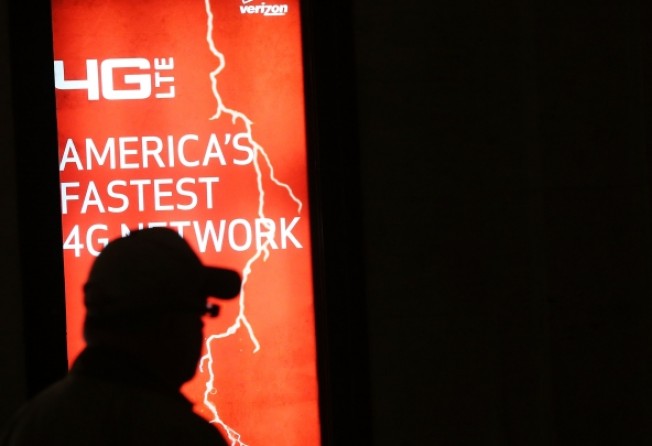US surveillance policy shows it cannot be trusted

How often have we heard American leaders talking about transparency and accountability? The US holds itself up as the world's shining example of good governance, the moral judge of democracy, rule of law, media freedom and basic rights. These are standards by which we all should ideally live. Yet the case of Edward Snowden, the former CIA computer technician who has blown the whistle on the National Security Agency's intelligence gathering, has revealed that the US government does not always practice what it preaches, even at home.
Critics have long observed the missionary-like zeal with which Washington has promoted democracy US-style. The US State Department's annual critique of the human rights of other governments has rankled, especially while the US military continues to hold without trial foreign detainees at its Guantanamo Bay facility. Snowden's claims, backed by documents passed to journalists, that authorities are spying on citizens in the US and elsewhere without their knowledge or permission should therefore not be surprising. The depth and breadth of the operation is impressive - data is being farmed from billions of sources.
Potentially, information has been gathered from every adult American and Snowden says the reach has been wider and could involve a billion or more people. But the scale is not the biggest shock - it is the secrecy. Politicians have assured us that there is no need to worry, that systems have been properly vetted so that the data is securely stored and not open to abuse.
Therein lies the problem: can the word of American politicians and intelligence agencies be trusted? If the invasion of Iraq to eliminate weapons of mass destruction that were never found and the continued operation of Guantanamo Bay are guides, the answer is, "no". James Clapper, the US director of national intelligence, told the Senate in March that the NSA did not "wittingly" collect data on millions of Americans. Snowden's revelations call this claim into dispute.
A discussion is now under way on privacy and the limits of surveillance. It should not have taken an IT contractor with a conscience for righting wrongs for that to happen. Instead, the administration of President Barack Obama should have been open and transparent about its anti-terrorism operations. Until the US begins living up to the standards it demands of others, there is little chance of its damaged credibility being repaired.